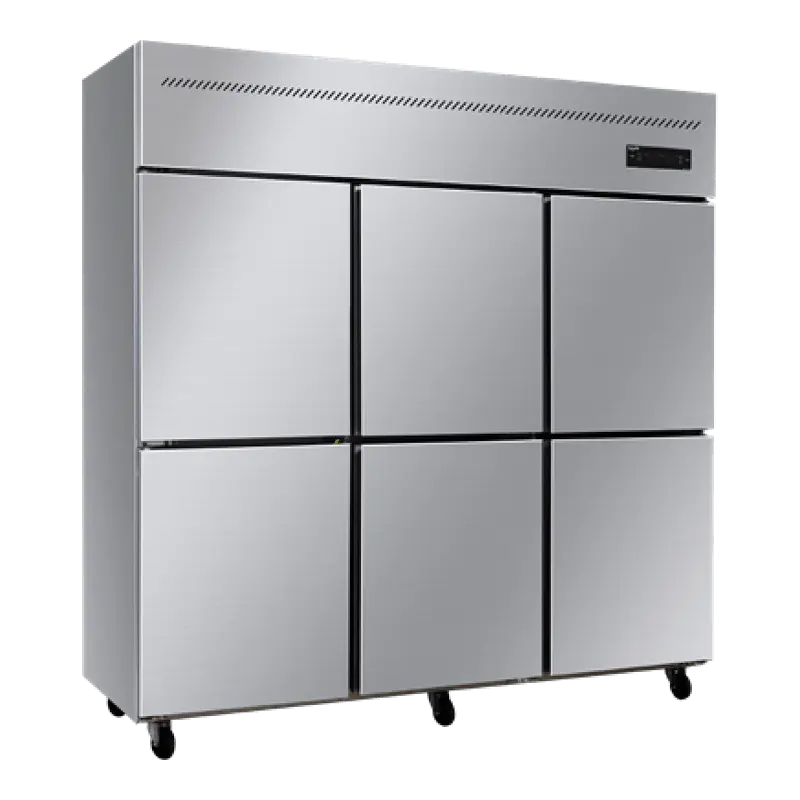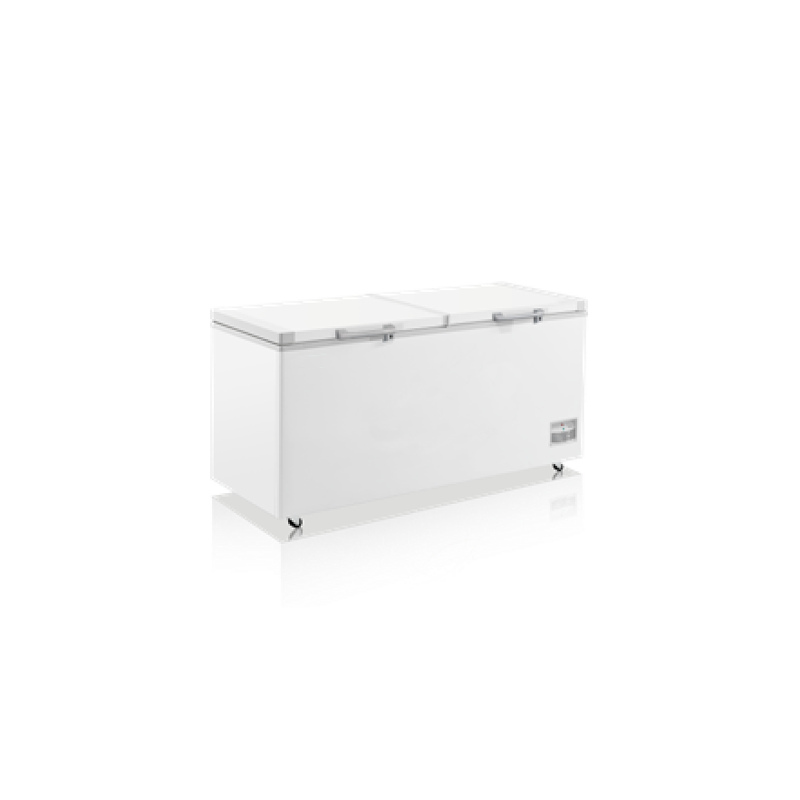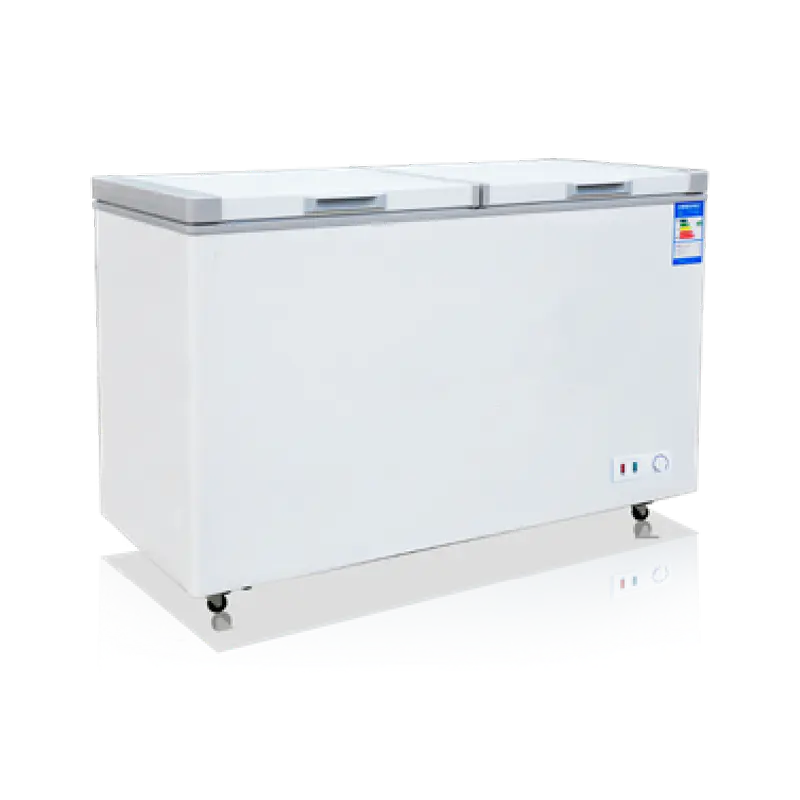Comprehensive Guide to Maintaining a Refrigeration System
Introduction to Refrigeration System Maintenance
Maintaining a refrigeration system is crucial to ensuring its efficiency, longevity, and preventing unexpected breakdowns. Whether you're managing industrial refrigeration or a smaller residential system, regular maintenance is key to keeping everything running smoothly. In this guide, we’ll explore essential maintenance practices that will help optimize performance and reduce repair costs.
Regular Inspection of the Refrigeration System
The first step in maintaining a refrigeration system is conducting regular inspections. This should be done at least once a month, with more frequent checks during high-use periods. Inspections allow you to catch early signs of wear and tear and identify potential issues before they become serious problems.
Key Inspection Areas
- Check the condenser and evaporator coils for dirt or ice buildup.
- Ensure the refrigerant levels are correct and there are no leaks.
- Inspect the compressor for any unusual noise or vibration.
- Verify that the fan blades are functioning properly and aren’t obstructed.
- Check the door seals to make sure they are airtight and in good condition.
Cleaning and Defrosting
Regular cleaning and defrosting are essential to maintaining the efficiency of the refrigeration system. Dirt, dust, and debris can accumulate in various parts of the system, impairing its operation. Ice buildup, particularly in the evaporator coils, can also cause performance issues.
Cleaning Checklist
- Clean condenser coils at least twice a year to remove dust and dirt.
- Clean evaporator coils to prevent ice buildup and maintain cooling efficiency.
- Wipe down surfaces inside the refrigeration unit to prevent bacterial growth.
- Use a vacuum or compressed air to clear any dust around the compressor and fans.
Refrigerant Maintenance and Handling
The refrigerant is a critical component of any refrigeration system. Maintaining the correct refrigerant level is vital for optimal cooling and system efficiency. A shortage of refrigerant can lead to compressor damage, while overcharging can cause system pressure issues.
Refrigerant Maintenance Best Practices
- Check refrigerant levels regularly to ensure they are within the manufacturer’s recommended range.
- Look for signs of leaks, such as ice buildup or inconsistent temperatures, and address them promptly.
- Always hire a licensed technician for refrigerant recharging or handling, as improper handling can be dangerous.
Troubleshooting Common Issues
Sometimes, issues arise despite regular maintenance. Identifying and addressing these problems quickly can save you from costly repairs. Below are some common refrigeration system issues and their potential causes:
Common Problems and Solutions
- Insufficient Cooling: This could be due to a refrigerant leak, dirty coils, or a malfunctioning thermostat. Inspect these components for issues.
- Noisy Operation: If the compressor or fan is making strange sounds, it could be due to worn-out parts or debris. Check the motor and fan for wear and tear.
- Frequent Cycling: Short cycling could be caused by a malfunctioning thermostat, improper refrigerant levels, or a clogged air filter. Check each part for proper function.
Final Thoughts on Refrigeration System Maintenance
Regular maintenance of your refrigeration system is essential for ensuring its longevity and preventing costly breakdowns. By performing regular inspections, cleaning, and refrigerant checks, you can help keep your system running smoothly for years to come. Always consult a professional if you're unsure about any repairs or maintenance tasks, especially when it comes to refrigerant handling.


 English
English русский
русский Español
Español عربى
عربى













